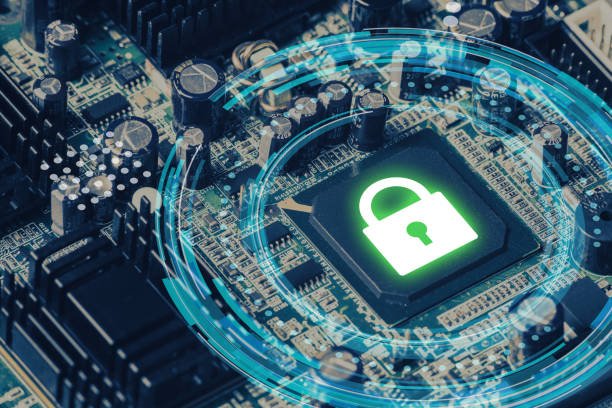Technology
What is a VPN?
A Virtual Private Network (VPN) is a technology that allows you to create a secure connection between your computer and the Internet. It protects your privacy by allowing you to appear anonymously if you wish. A VPN is beneficial because it ensures an appropriate level of security and privacy to connected systems.
For example, when your computer is connected to a VPN, it acts as if it is on the same network as the VPN. All of your online traffic is transferred over a secure connection to the VPN. Regardless of where you are, you will have permission to use the Internet as if you were present where the VPN is located. Which can be extremely beneficial for people who use public Wi-Fi.
Therefore, when you browse the Internet with a VPN, your computer will contact the website through an encrypted VPN service connection. The VPN will then forward the request for you and retransmit the response from the website over a secure connection. VPNs are very easy to use and are considered very effective tools. They can be used to do a wide range of things.
What is a VPN?
A Virtual Private Network (VPN) is a technology that allows you to create a secure connection between your computer and the Internet. It protects your privacy by allowing you to appear anonymously if you wish. A VPN is beneficial because it ensures an appropriate level of security and privacy to connected systems.
For example, when your computer is connected to a VPN, it acts as if it is on the same network as the VPN. All of your online traffic is transferred over a secure connection to the VPN. Regardless of where you are, you will have permission to use the Internet as if you were present where the VPN is located. Which can be extremely beneficial for people who use public Wi-Fi?
Therefore, when you browse the Internet with a VPN, your computer will contact the website through an encrypted VPN service connection. The VPN will then forward the request for you and retransmit the response from the website over a secure connection. VPNs are very easy to use and are considered very effective tools. They can be used to do a wide range of things.
Who Needs a VPN?
People who access the Internet from a computer, tablet, or smart phone will benefit from using a VPN. A VPN service will always enhance your security by encrypting and anonym zing all your online activities. Therefore, both private and business users can benefit from using a VPN. Communications between the VPN server and your device are encrypted, so a hacker or a website spying on you wouldn’t know which web pages you’re accessing. They will also not be able to see private information like passwords, usernames and bank or purchase details etc. Anyone who wants to protect their online privacy and security should download vpn gratis para pc.
What is a Remote Access VPN?
A remote access VPN uses a public infrastructure like the Internet to provide remote users with secure access to their network. This is especially important for organizations and their corporate networks. This is crucial when employees connect to a public hotspot and use the Internet to send work-related emails. A VPN client, on the user’s computer or mobile device, connects to a VPN gateway on the corporate network. This gateway typically requires the device to authenticate its identity. It will then create a network link to the device that will allow it to access internal network resources such as file servers, printers, and intranets, as if
It typically relies on Internet Protocol (IPsec) or Secure Sockets Layer (SSL) security to secure the connection. However, SSL VPNs can also be used to provide secure access to a single application, rather than an entire internal network.
What is a site-to-site VPN?
It is a connection secured by a VPN between two home networks. The majority of site-to-site VPNs that connect over the Internet use IPsec.
VPNs are often set between specific computers and in most cases are servers in separate data centers. However, new hybrid access situations have now transformed the VPN gateway into the cloud, usually with a secure link from the cloud service provider to the internal network.
Un VPN mobile?
Traditional VPN can affect user experience when applied to wireless devices. It is best to use a mobile VPN to avoid slower speeds and data loss. A mobile VPN gives you a high level of security for the challenges of wireless communication. It can provide mobile devices with secure access to network resources and software applications on their wireless networks. It is necessary to use it when you are experiencing coverage gaps, inter-network roaming, bandwidth issues, or limited battery life, memory, or processing power.
Mobile VPNs are designed and optimized to ensure a seamless user experience as devices change networks or go out of coverage. It generally has a smaller memory footprint, and because of this, it also requires less processing power than a traditional VPN. Therefore, it allows your apps to run faster.
The increasing use of mobile devices and wireless connectivity makes it more important to ensure that your data is transferred over a secure network. It will allow you to access the Internet, while remaining safe behind a firewall that protects your privileged information.
You can download vpn gratis. iTop VPN is a good choice, you can try it for free first and then choose a suitable subscription plan.

















